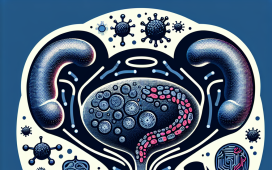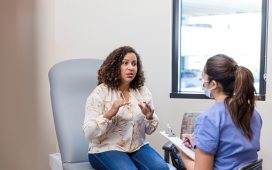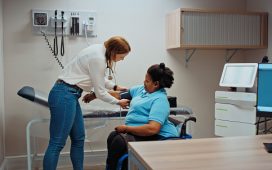Rare diseases are a group of conditions that affect fewer than 200,000 people in the United States. They are often chronic and debilitating, and there is often no cure.
In the past, patients with rare diseases had few treatment options. However, there have been a number of recent advancements in rare disease research that offer new hope for patients.
Here are some of the recent advancements in rare disease research:
- Genomic sequencing: Genomic sequencing is a technique that can be used to identify genetic mutations that are associated with rare diseases. This information can be used to develop new treatments and to provide better care for patients.
- Cell therapy: Cell therapy involves using cells to treat disease. It is being used to treat a variety of rare diseases, including sickle cell disease and thalassemia.
- Gene therapy: Gene therapy involves using genes to treat disease. It is being used to treat a variety of rare diseases, including cystic fibrosis and Duchenne muscular dystrophy.
- Biomarkers: Biomarkers are molecules that can be measured in the blood or urine. They can be used to track the progression of disease and to assess the effectiveness of treatment.
These are just a few of the recent advancements in rare disease research. As the field continues to evolve, we can expect to see even more treatments for rare diseases.
It is important to note that there is still much work to be done in rare disease research. However, the recent advancements offer hope for patients with rare diseases.
If you are a patient with a rare disease, it is important to talk to your doctor about the latest research and treatment options. There may be a treatment available that can help you.








